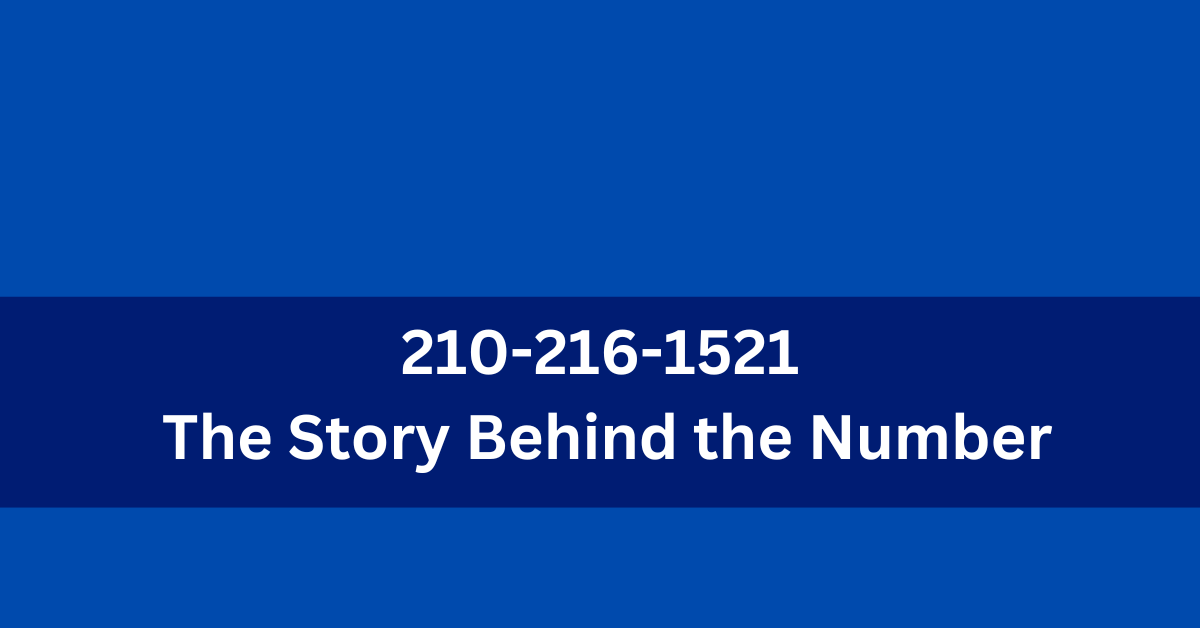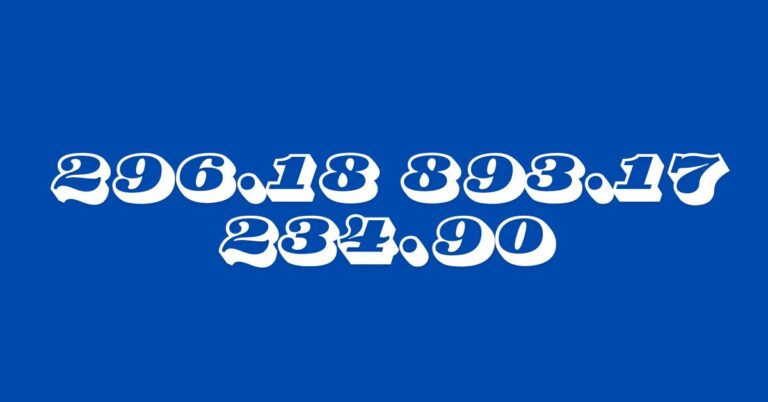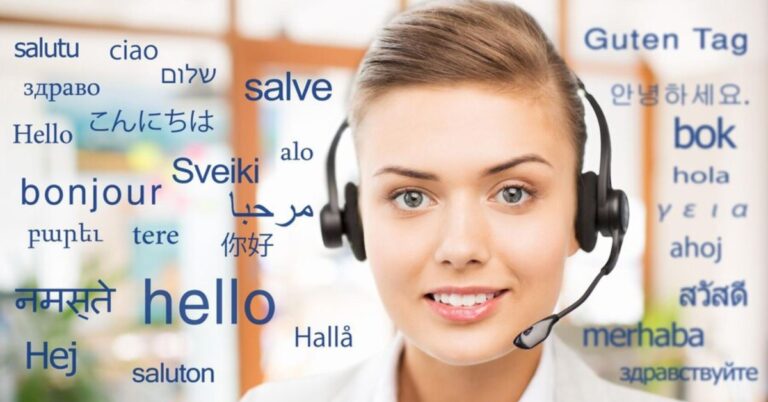210-216-1521: The Story Behind the Number
Have you ever received a call from 210-216-1521? If so, you’re not alone. This number has become infamous for the barrage of scams and dubious calls that flood our phones daily. Whether it’s an unsolicited sales pitch or something more sinister, spotting these nuisances can feel like navigating a minefield. But what lies behind this seemingly random string of digits?
In this blog post, we’ll dive deep into the story behind 210-216-1521 and unravel its connection to various scams plaguing individuals across different industries. We’ll also arm you with essential tips to protect yourself from falling victim to these tactics. So grab your phone and get ready—it’s time to decode one of today’s most notorious numbers!
Overview of 210-216-1521
The number 210-216-1521 has gained attention for its frequent association with scam calls. Originating from San Antonio, Texas, it appears innocent at first glance but hides a more troubling reality. Many individuals report receiving unsolicited calls that often lead to scams or aggressive sales tactics.
These calls typically employ various strategies to lure in unsuspecting victims. From robocalls claiming you’ve won a prize to fake debt collection attempts, the range of scams linked to this number is alarming. The attempts are often relentless and can leave recipients feeling anxious and frustrated.
Scammers have grown increasingly sophisticated over time, making their approaches harder to detect. They may even spoof local numbers to create a false sense of trustworthiness among potential targets. This tactic exploits people’s familiarity with area codes while masking their true intentions.
As awareness of these dubious practices rises, it’s crucial for consumers to stay informed about the risks associated with 210-216-1521. Understanding the nature of these calls can empower individuals and help them navigate the murky waters of telephone scams more effectively.
Understanding the Scams Associated with 210-216-1521
The number 210-216-1521 has become synonymous with various scams that target unsuspecting individuals. Many people receive unsolicited calls from this number, often leading to confusion and concern. Scammers typically use caller ID spoofing techniques, making it seem like the call is legitimate or originates from a trusted source.
Common tactics include impersonating government agencies or well-known companies. Victims may be pressured into providing personal information or financial details under false pretenses. This approach creates a sense of urgency, pushing individuals to act before thinking things through.
Another prevalent scam involves phishing attempts via text messages linked to 210-216-1521. Recipients might receive links claiming they’ve won prizes or need to verify account details urgently. Clicking these links can lead to malware installation or identity theft.
Awareness is crucial in combating these scams associated with 210-216-1521. Recognizing red flags can help safeguard your information and finances against potential threats lurking behind seemingly innocent calls and messages.
Tips to Protect Yourself from 210-216-1521 Scams
Protecting yourself from scams associated with 210-216-1521 begins with awareness. Always be cautious when receiving calls or messages from unknown numbers. Scammers often use familiar area codes to gain your trust, so don’t let the number alone lull you into a false sense of security.
When answering calls, avoid giving out personal information right away. If the caller claims to represent a legitimate company or organization, hang up and contact them directly using official channels. This way, you can verify if the call was genuine without compromising your data.
Another effective strategy is to utilize call-blocking apps and features available on most smartphones. These tools can help filter out spam calls before they reach you, providing an extra layer of protection against unwanted solicitations.
Always report suspicious activity. Whether it’s a phone call or a text message, alert your local authorities or telecommunications provider about potential scams related to 210-216-1521. Sharing this information helps protect others in your community from falling victim as well.
How 210-216-1521 is Impacting Different Industries
The number 210-216-1521 has become notorious, leaving a mark on various industries. Businesses in the financial sector have felt the impact most acutely. Many report that their customers receive unsolicited calls from this number, often leading to confusion and distrust. This can cause significant harm to their reputation.
In healthcare, patients are being targeted with scams promising miraculous cures or services linked to this phone number. These fraudulent communications not only mislead individuals but also strain relationships between legitimate providers and patients seeking help.
Retailers aren’t immune either; they’ve seen spikes in complaints about order confirmations tied to 210-216-1521 scams. Consumers mistakenly believe they’ve made purchases when, in fact, scammers are capitalizing on brand names for personal gain.
Even the tech industry is affected as cybersecurity firms scramble to educate users about these persistent threats. The rise of scam-related activities associated with 210-216-1521 emphasizes the need for ongoing vigilance across all sectors, ensuring that companies remain proactive against fraud while protecting consumer trust.
Conclusion
The number 210-216-1521 has become a symbol of concern for many. Its associations with scams have sparked conversations about the need for vigilance in our digital age. Awareness is key to protecting ourselves from potential threats that can arise from seemingly innocuous calls or messages.
As more people share their experiences, it becomes clear that knowledge is power. By understanding how scammers operate and recognizing red flags, individuals can safeguard their personal information and finances.
Communities are increasingly collaborating to raise awareness around numbers like 210-216-1521. Sharing stories and tips helps create a network of informed citizens ready to combat fraudulent activities.
Moving forward, we must stay alert and proactive in defending against these types of scams. The impact on various industries highlights the importance of continued education regarding phone fraud and identity theft prevention strategies.
5 FAQS
When it comes to the number 210-216-1521, many questions arise from its notoriety. Here are five frequently asked questions about this enigmatic number:
What is 210-216-1521 known for?
The number has gained attention due to various scams and fraudulent activities associated with it. Many individuals report receiving unsolicited calls or messages that aim to deceive them.
How can I identify a scam call from 210-216-1521?
Scam calls often exhibit certain traits: they may pressure you for personal information, offer deals that sound too good to be true, or use aggressive tactics. If you suspect a call is from this number, it’s best not to engage.
Is there any way to block calls from 210-216-1521?
Yes! Most smartphones come equipped with options to block specific numbers. You can also register your phone on national do-not-call lists which help reduce unwanted telemarketing calls.
What should I do if I’ve been targeted by a scam using 210-216-1521?
If you’ve fallen victim or received suspicious communications, report it immediately. Contact local authorities or consumer protection agencies and consider sharing your experience online for awareness.
Are there legitimate businesses associated with the number 210-216-1521?
While some may claim legitimacy under this number, extensive reports suggest otherwise. Always verify contact details through official channels before engaging in any transaction related to unfamiliar numbers like these.
Staying informed and cautious will help you navigate the murky waters surrounding numbers such as 210–216–1521 effectively.







